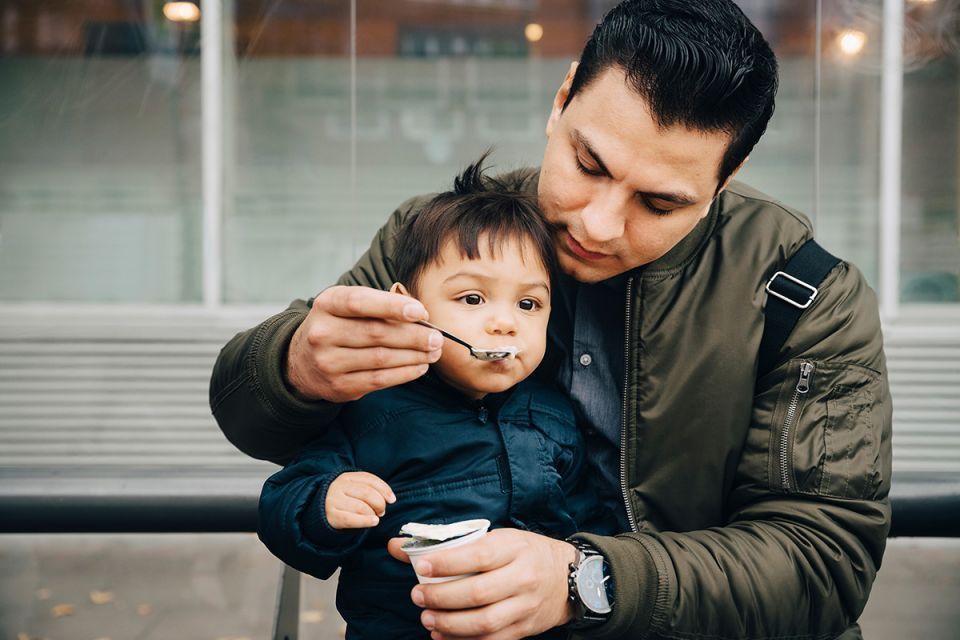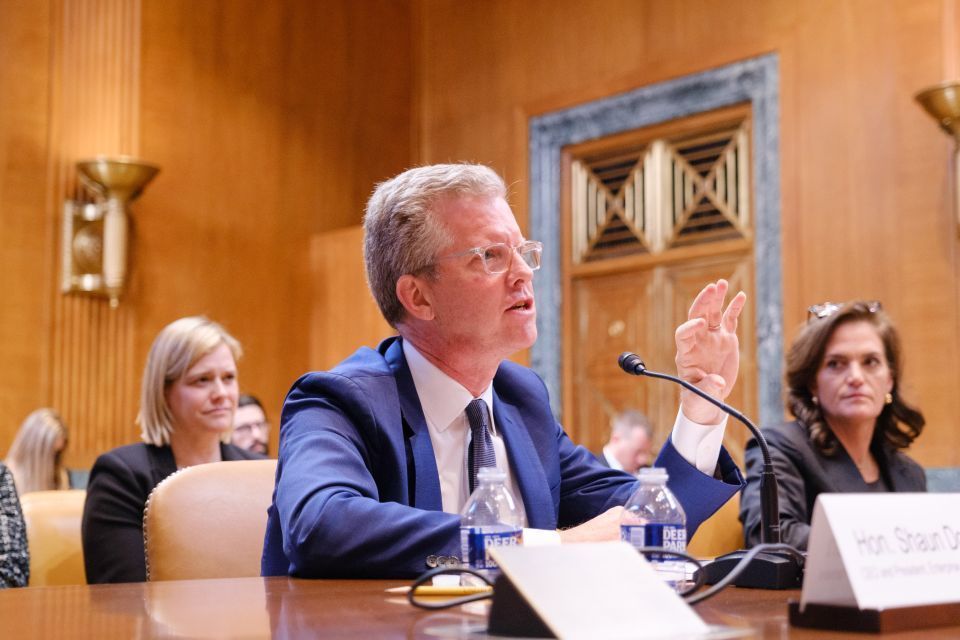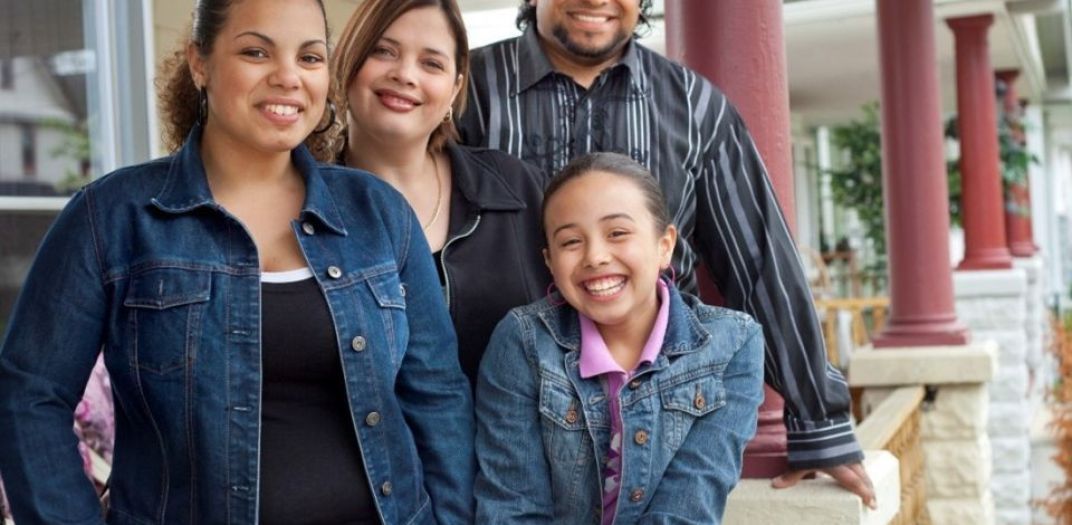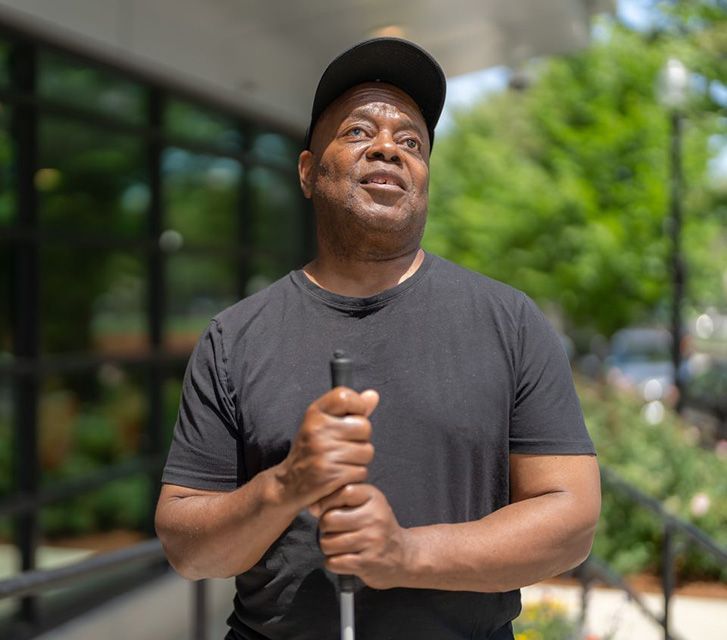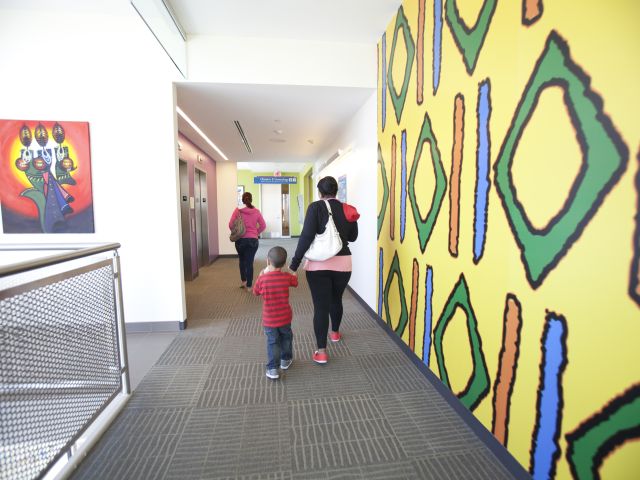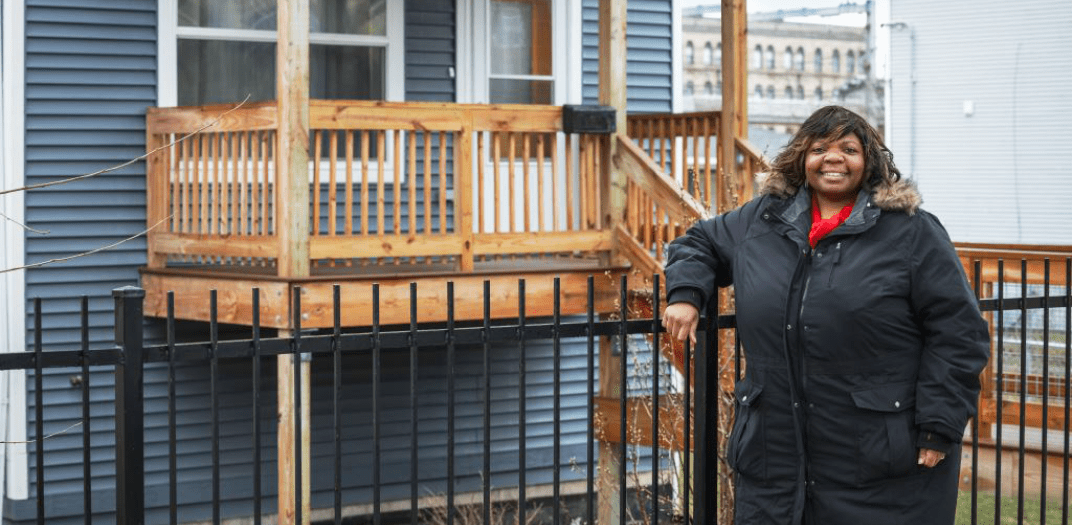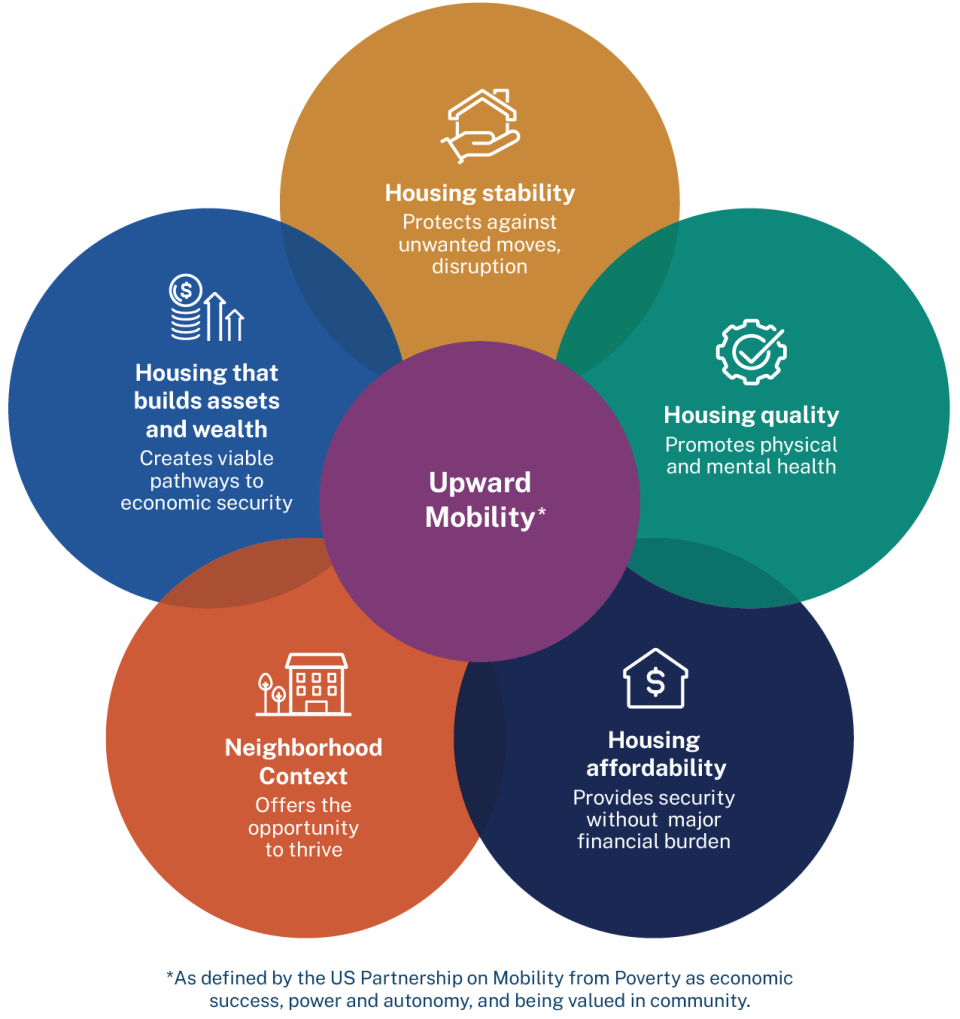With the right elements in place, home can be a platform for mobility and address persistent poverty in the United States — which has emerged from generations of compounded disadvantage due to the structural racism in all systems, including housing.
Discriminatory practices — from redlining and de facto segregation to exclusionary zoning and housing voucher prejudice — combine to make economic mobility extremely difficult for the majority of Americans with lower incomes.
We identified a bundle of five interdependent characteristics necessary for a home to become a platform for upward mobility. Our end-to-end approach includes financing, practice, and policy, giving us the unique ability to cultivate all five housing characteristics for every household in every community.
Together with our cross-sector partners, we are using this housing bundle to address systemic barriers to advancement, drive systems transformation, and maximize mobility from poverty for people nationwide.
We bring an anti-racist lens to our work, and we are fully committed to dismantling the legacy of systemic racism in housing, and to closing the growing racial wealth and health gaps in America. We want all people to have the tools and resources required to realize the future they envision for themselves and their communities.
